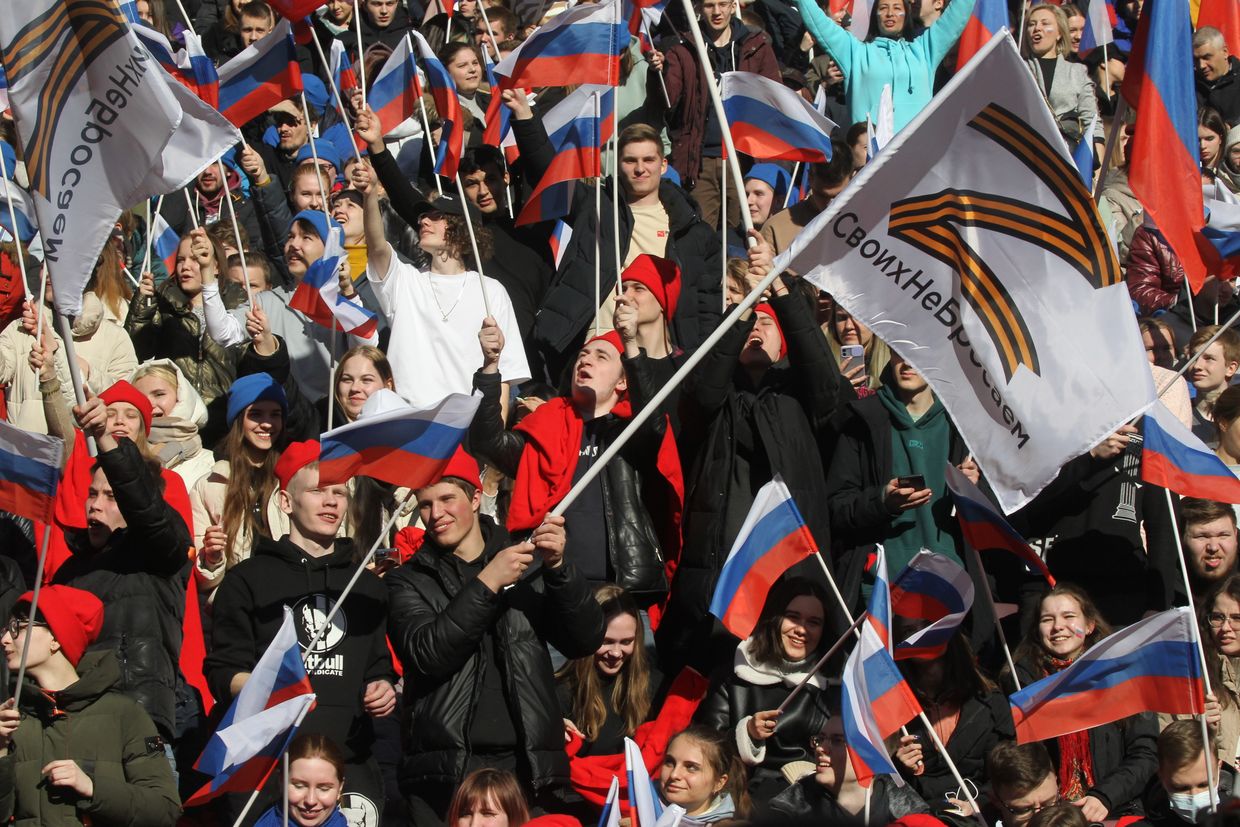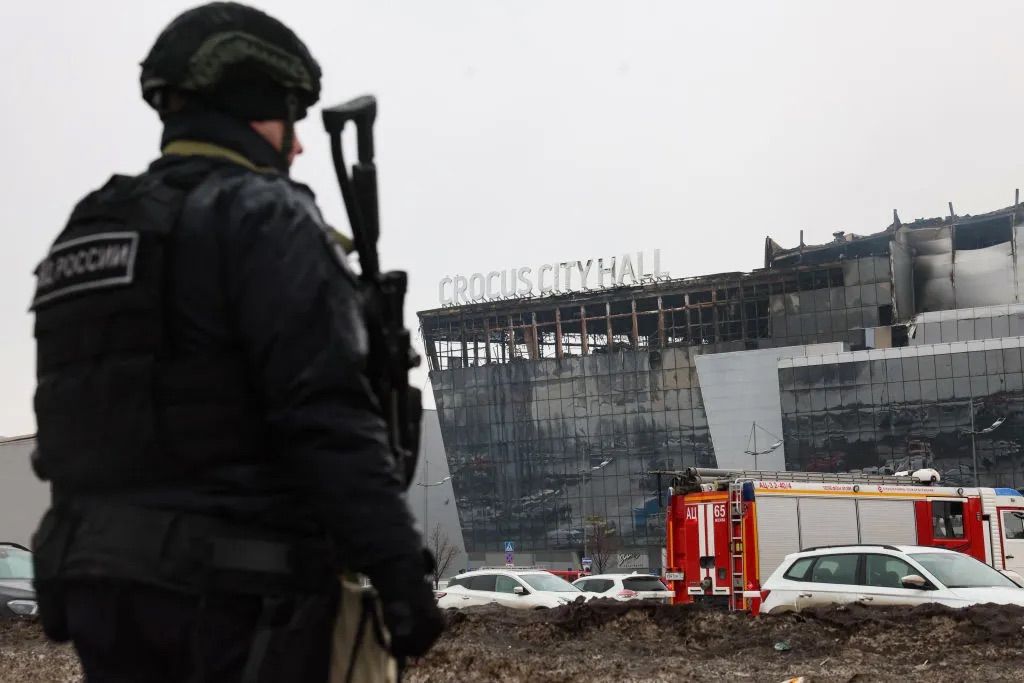The Foreign Ministry of Tajikistan recommended its citizens refrain from traveling to Russia, Radio Free Europe/Radio Liberty (RFE/RL) reported on April 27.
Racial discrimination, particularly targeting Central Asians living in Russia, have been on the rise since the March 22 terrorist attack at Crocus City Hall in Moscow that killed at least 137 people. The Islamic State claimed responsibility for the attack.
Earlier this week, Russia detained a 12th suspect in connection with the attack. The court claimed that the man, Dzhumakhon Kurbonov, a Tajik citizen, is suspected of providing others involved in the attack with money and "telecommunications means" and ruled that he should remain in detention until at least May 22.
More than half of the suspects who have been detained are from Tajikistan, four of whom are accused of personally carrying out the attack. They appeared in court showing clear signs of abuse at the hands of the Russian authorities.
Xenophobic incidents were reported en masse after the attack.
Within a week of the shooting, authorities in Turkmenistan began working to repatriate Turkmen students living in Russia for fear of reprisals. Exactly how many Turkmen students currently study at Russian universities is not known but 2022 figures put the number at 30,600.
Kyrgyzstan also advised its citizens not to travel to Russia in the wake of the attack.
The Tajik Foreign Minister Sirojiddin Muhriddin said this month that an "ill-conceived information campaign" in Russia was creating a "negative perception of citizens of Tajikistan and Tajiks."
The Tajik Ministry of Foreign Affairs also reported mass refusals of citizens to enter Russia, largely discriminating against young men, according to eyewitnesses at Russian border crossings.
Millions of Tajiks and other Central Asians either live permanently in Russia or work there seasonally. The World Bank estimated in 2022 that remittances from migrant workers comprised as much as 50% of Tajikistan's GDP.














